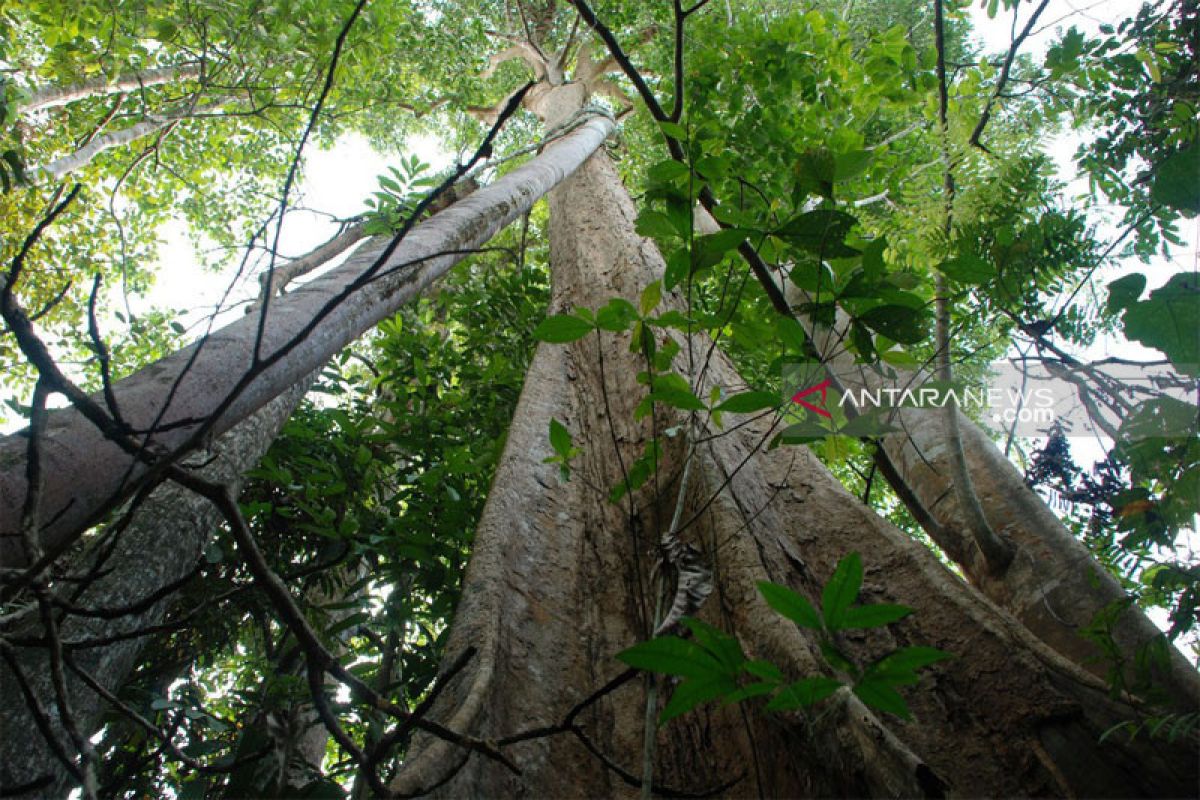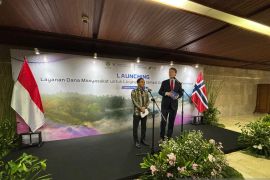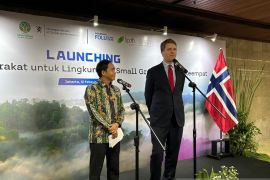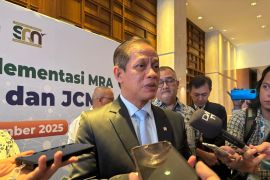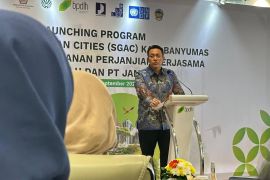The ministry's Climate Change Control Director General, Laksmi Dhewanthi, stated that the energy sector's emissions are still projected to increase in order to meet the domestic energy demand.
"Indonesia, in terms of energy consumption per capita, is still far below that of average middle-income countries," she noted in a statement on Tuesday.
"Once the demand for energy is met, we can offset it with the forestry sector," she remarked.
Indonesia's efforts to reduce greenhouse gas emissions have already followed the path outlined in climate change control, especially from the forestry sector, Dhewanthi noted.
The ministry plans to implement the Forestry and Other Land Uses (FOLU) Net Sink 2030 policy.
FOLU Net Sink is a condition to be achieved wherein the rate of greenhouse gas emission absorption from the forestry and other land use sector by 2030 will offset or even exceed emissions being produced.
The target of the policy implementation is to achieve a net reduction of 140 million tons of carbon dioxide equivalent in greenhouse gas emissions.
The policy of reducing carbon emissions through the FOLU Net Sink 2030 Program uses four main strategies: deforestation avoidance, sustainable forest conservation and management, peatland protection and restoration, and carbon absorption improvement.
If the energy sector still contributes to emissions in the future, then the forestry sector can already reduce emissions first to achieve a balance between various sectors in Indonesia, Dhewanthi noted.
"This is because we have to maintain development, and we expect that the development becomes sustainable development," she affirmed.
Related news: Indonesia boosts decarbonization to realize NZE 2060 target
Related news: Minister urges local governments to collaborate in reducing emissions
Translator: Sugiharto P, Fadhli Ruhman
Editor: Anton Santoso
Copyright © ANTARA 2023
